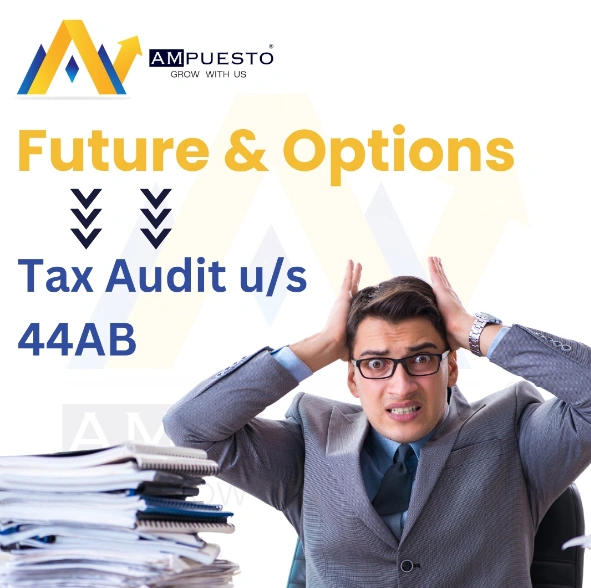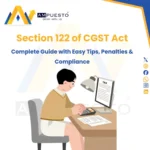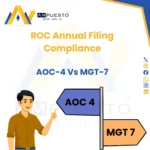In today’s fast-paced financial environment, a growing number of salaried individuals, freelancers, self- employed persons, professionals in India are turning to trading, including derivatives trading, as a means to supplement their income. While this can be a lucrative venture, it also brings with it certain compliance requirements under the Income Tax Act, 1961. One crucial aspect that traders must be aware of is the stipulation under Section 44AB concerning the audit of accounts.
What is Section 44AB?
Section 44AB of the Income Tax Act mandates that certain individuals and businesses must have their accounts audited by a qualified chartered accountant. The primary objective of this audit is to ensure the accuracy of income declarations and compliance with various provisions of the Income Tax Act. This audit is applicable to individuals and entities whose income, turnover, or gross receipts exceed specified limits.
Who Needs an Audit Under Section 44AB?
Turnover Threshold:
If the gross turnover or gross receipts from the business exceed ₹1 crore in a financial year, an audit is required.
For professionals (e.g., consultants, doctors, etc.), if the gross receipts exceed ₹50 lakhs, an audit is mandated.
Presumptive Taxation Scheme:
Under Section 44AD, eligible businesses can opt for presumptive taxation, which allows them to declare income at a prescribed rate. However, if the income declared under the presumptive taxation scheme is less than the prescribed rate and the total income exceeds the basic exemption limit, an audit under Section 44AB is required.
Similarly, for professionals under Section 44ADA, if the income declared is less than 50% of gross receipts and the total income exceeds the basic exemption limit, an audit is required.
Implications for Derivatives Traders
Derivatives trading is considered a business activity under the Income Tax Act. Therefore, the turnover for derivatives trading is calculated differently and can be complex. The turnover is typically the sum of:
- The absolute value of profit (positive or negative) from each transaction.
- The premium received on the sale of options.
- The difference between the sale and purchase price of futures contracts.
Given the high volume and value of transactions in derivatives trading, many traders might inadvertently exceed the ₹1 crore turnover threshold, necessitating an audit.
Risks of Non-Compliance
Failure to comply with the audit requirements under Section 44AB can lead to several consequences, including:
- Penalties: Non-compliance can attract a penalty of 0.5% of turnover or gross receipts, subject to a maximum of ₹1.5 lakh.
- Income Tax Notices: Traders who do not get their accounts audited as required may receive notices from the Income Tax Department, leading to scrutiny and potential legal complications.
Steps to Ensure Compliance
To avoid these risks, traders should:
- Monitor Turnover: Keep a close track of your turnover, especially if you are involved in high- frequency or large-volume trading.
- Consult a Chartered Accountant: Seek professional advice to understand your obligations and ensure your accounts are maintained accurately.
- Timely Audits: Ensure that your accounts are audited before the due date, which is typically 30th September of the assessment year.
Conclusion
Trading in derivatives can be an excellent way to augment your income, but it comes with specific compliance requirements that must not be overlooked. Section 44AB of the Income Tax Act plays a crucial role in ensuring that traders accurately report their income and pay the appropriate taxes. By staying informed and seeking professional advice, traders can navigate these requirements effectively and avoid potential pitfalls.
For detailed guidance and professional assistance, always consult a qualified chartered accountant who can help you comply with the provisions of the Income Tax Act and ensure smooth sailing in your trading endeavors.
Keywords: CA near me, CA for tax planning, TDS on property, TDS deduction on property, property purchase tax, TDS compliance, real estate tax deduction, property tax planning, TDS certificate, Form 26QB, Form 16B, NRI property tax, tax expert, ca in Ghaziabad, ca in Noida, ca in Bangalore, ca in delhi









